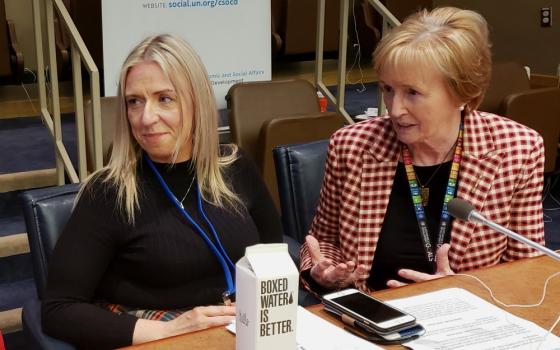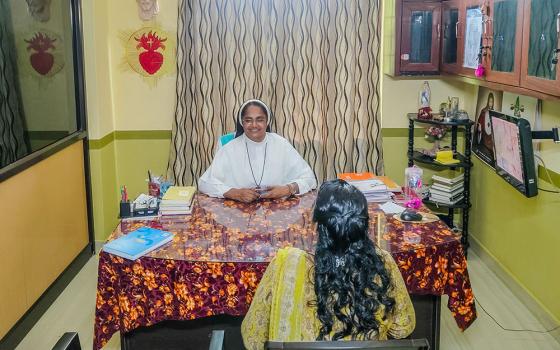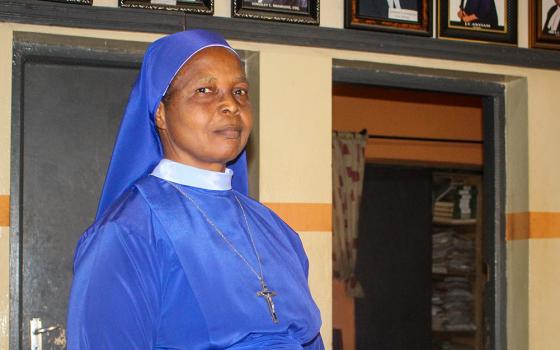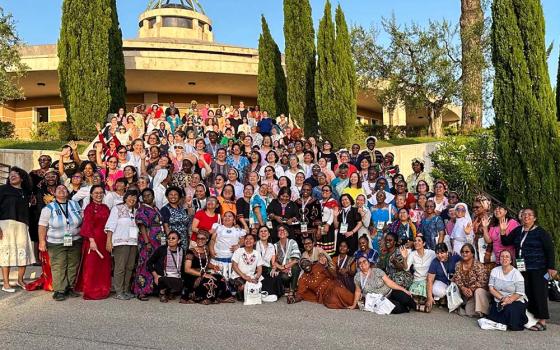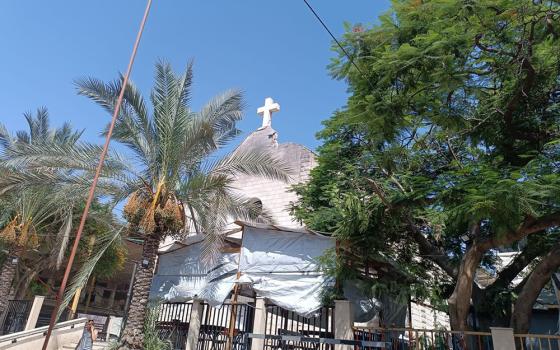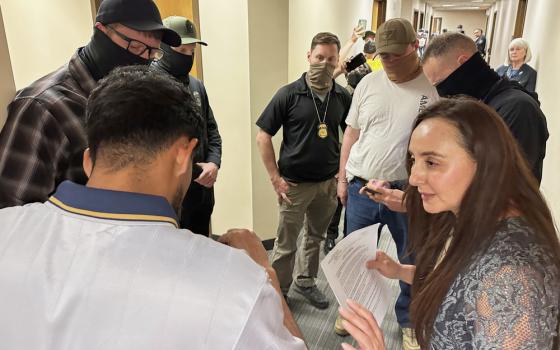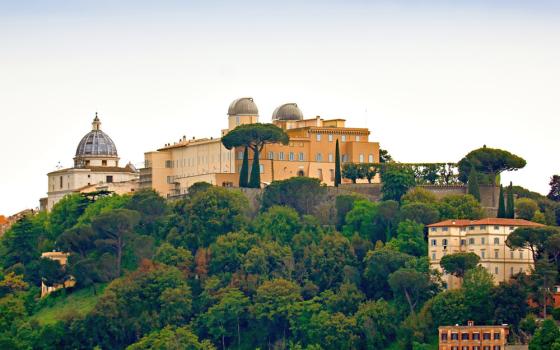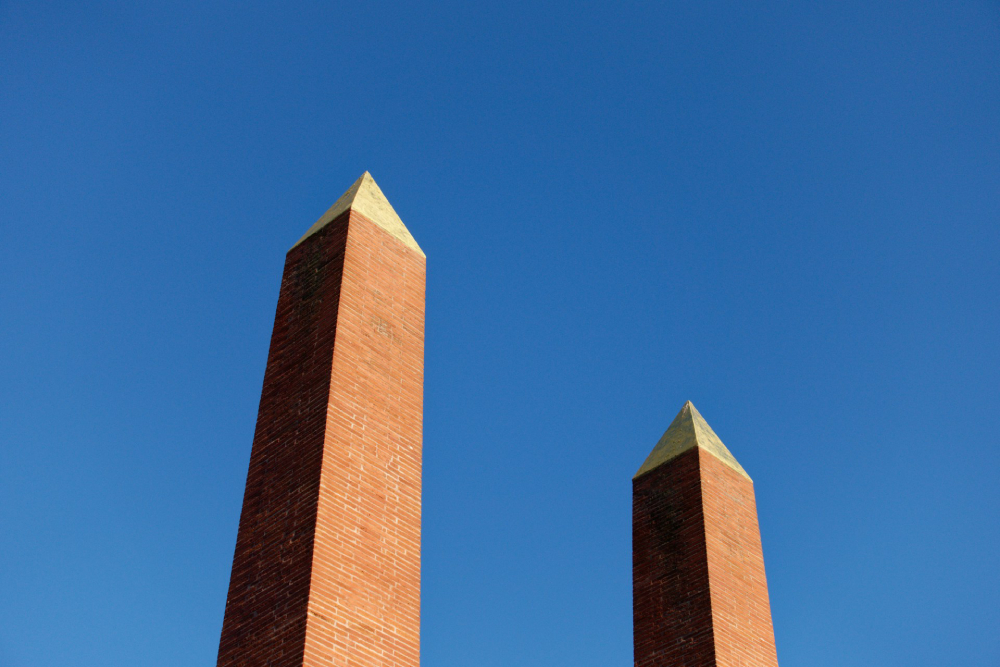
(Unsplash/Tim Oun)
Today's readings for the solemnity of Saints Peter and Paul provide us with a glimpse into the remarkable lives of two early Christians who endured persecution because of their faith. While the church singles out these two individuals and recognizes them as "saints," their experience of persecution, and in the case of Peter who suffered at the hands of an imperial and authoritative leader, is no different from the oppression that many Christians endure throughout the world today.
Organizations such as Christian Freedom International use the "World Watch List," which documents the global persecution of Christians. Statistics indicate that to date, more than 380 million Christians suffer persecution and discrimination because of their faith. In North Korea, where extreme Christian oppression is at its peak, Christians are arrested, forced to work in labor camps and even executed. Nigeria tragically holds the highest count of killings of Christians. In Pakistan, Christian girls are increasingly being abducted and forced to marry older Muslim men.
In today's reading from Acts, a divine angel comes to free Peter from unjust imprisonment. The Psalm celebrates the Sacred One coming to the aid of those in distress. The reading from 2 Timothy is a testimony to the divine aid that Paul received during his trials all speak of hope in the midst of Christian persecution and oppression.
But is there hope for persecuted and oppressed Christians today?
In Nicaragua, Catholic Bishop Rolando Jose Alvarez spoke out against the oppressive regime of Jose Daniel Ortega Saavedra — and was unjustly convicted of conspiracy and treason and eventually sentenced to 26 years in prison in 2023. Because of international pressure and sanctions, he was freed, expelled from the country and exiled to Vatican City. The divine "angel" came in the form of political and economic pressure exerted against a country's dictator.
In Viet Nam, Y Yich, pastor of the Degar Protestant Church, was imprisoned in 2013 for his Christian faith. After serving 12 years, he was set free mid-May 2025 when U.S. Rep. Glenn Grothman, R-Wisconsin advocated for his release through the Defending Freedoms Project, part of the Tom Lantos 2012 Human Rights Commission formed in conjunction with the U.S. Commission on International Religious Freedom and Amnesty International USA. In this case, Grothman served as Y Yich's "angel," and the consistent organized efforts were successful.
Advertisement
In the Matthean Gospel account, Peter recognizes Jesus as the Christ — the anointed one — the son of the living God. This title has nothing to do with Christ as the second person of the Trinity. An Old Testament term "son of God" refers to someone who has a special relationship with the deity. Solomon, angels, pious men and the kings of Israel are all referred to as "sons of God." In the Gospel account, Peter acknowledges Jesus as the anointed one, sharing in a special relationship with God. A Christological and Trinitarian understanding of Christ develops later in the Christian tradition.
Following the Jesus-Peter conversation, often referred to as Peter's Confession, Christ tasks Peter with establishing the church. Catholicism understands Peter to be the first pope. In April 2025, the college of cardinals elected Leo XIV as pope and successor to Peter. Already Pope Leo has spoken out about his concern for the persecution of Christians, especially in the Middle East.
Today's readings and world events call us to become Christians of conscience and to act accordingly. After all, we are part of a church entrusted with a global mission of justice, and we must participate in that mission on behalf of all people, whose suffering cannot go unaddressed.

